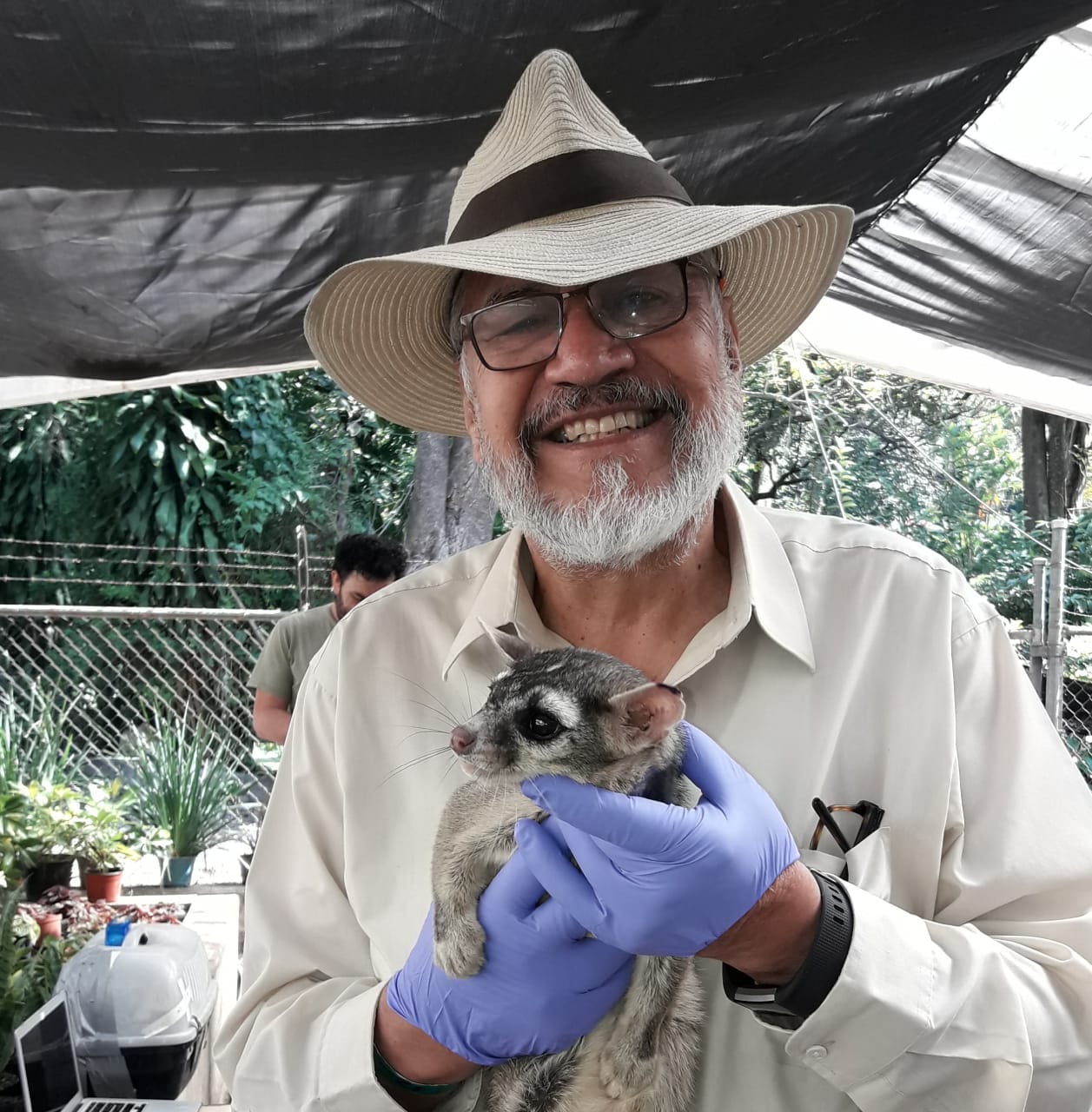
Twenty-eight samples from humans and domestic and wild animals collected in Mexico between 1990 and 1995 were characterized by using anti-nucleoprotein monoclonal antibodies and limited sequence analysis of the nucleoprotein gene. The variants of rabies viruses identified in these samples were compared with other isolates from Mexico and the rest of the Americas to establish epidemiologic links between cases and outbreaks and to increase the understanding of rabies epidemiology in the Western Hemisphere. Antigenic and genetic diversity was found in all samples from dogs and dog-related cases, suggesting a long-term endemic situation with multiple, independent cycles of virus transmission. Two isolates from bobcats were antigenically and genetically homologous to the rabies variant circulating in the Arizona gray fox population, indicating a wider distribution of this variant than previously reported. Rabies isolates from skunks were unrelated to any variant analyzed in this study and represent a previously unrecognized cycle of rabies transmission in skunks in Baja California Sur. Two antigenic and genetic variants co-circulating in southern and eastern Mexico were found in viruses obtained from cases epidemiologically related to vampire bats. These results serve as a baseline for the better understanding of the molecular epidemiology of rabies in Mexico.








